Filter by
The language used throughout the course, in both instruction and assessments.
Choose the Reactive Programming Course That Aligns Best With Your Educational Goals
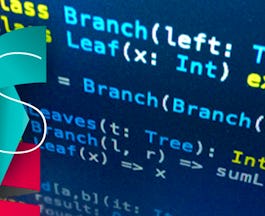
École Polytechnique Fédérale de Lausanne
Skills you'll gain: Cloud Computing
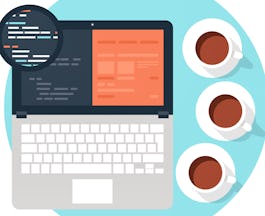
Rice University
Skills you'll gain: Computer Programming, Distributed Computing Architecture, Java Programming, Computational Thinking, Theoretical Computer Science
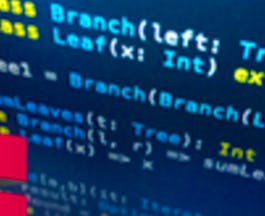
École Polytechnique Fédérale de Lausanne
Skills you'll gain: Computer Programming, Programming Principles, Scala Programming, Theoretical Computer Science

École Polytechnique Fédérale de Lausanne
Skills you'll gain: Cloud Computing, Computer Programming

École Polytechnique Fédérale de Lausanne
Skills you'll gain: Leadership and Management

Scrimba
Skills you'll gain: Javascript, Web Development

LearnQuest
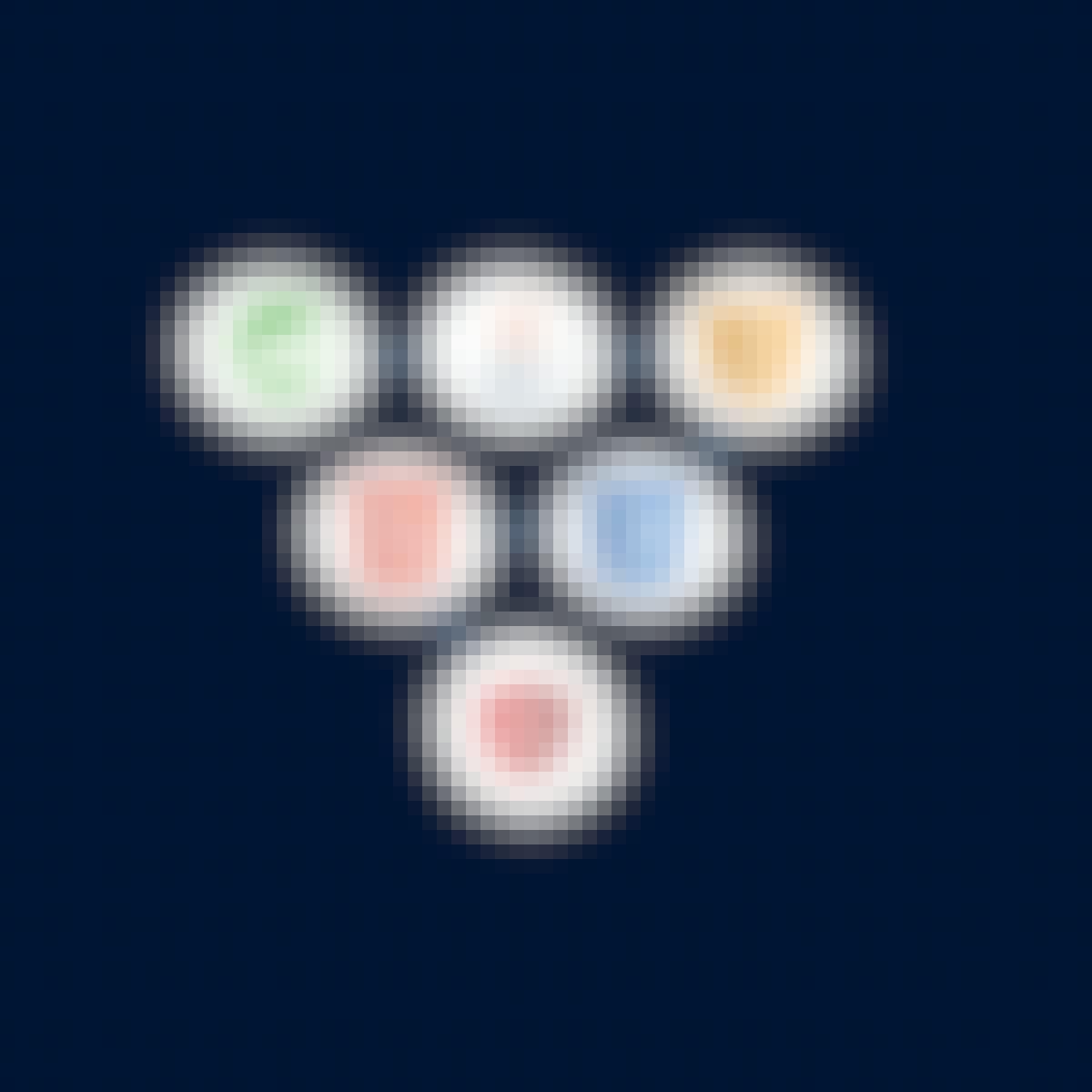
Board Infinity
Skills you'll gain: Algorithms, Angular, Computer Programming, Java Programming, Javascript, Web Development
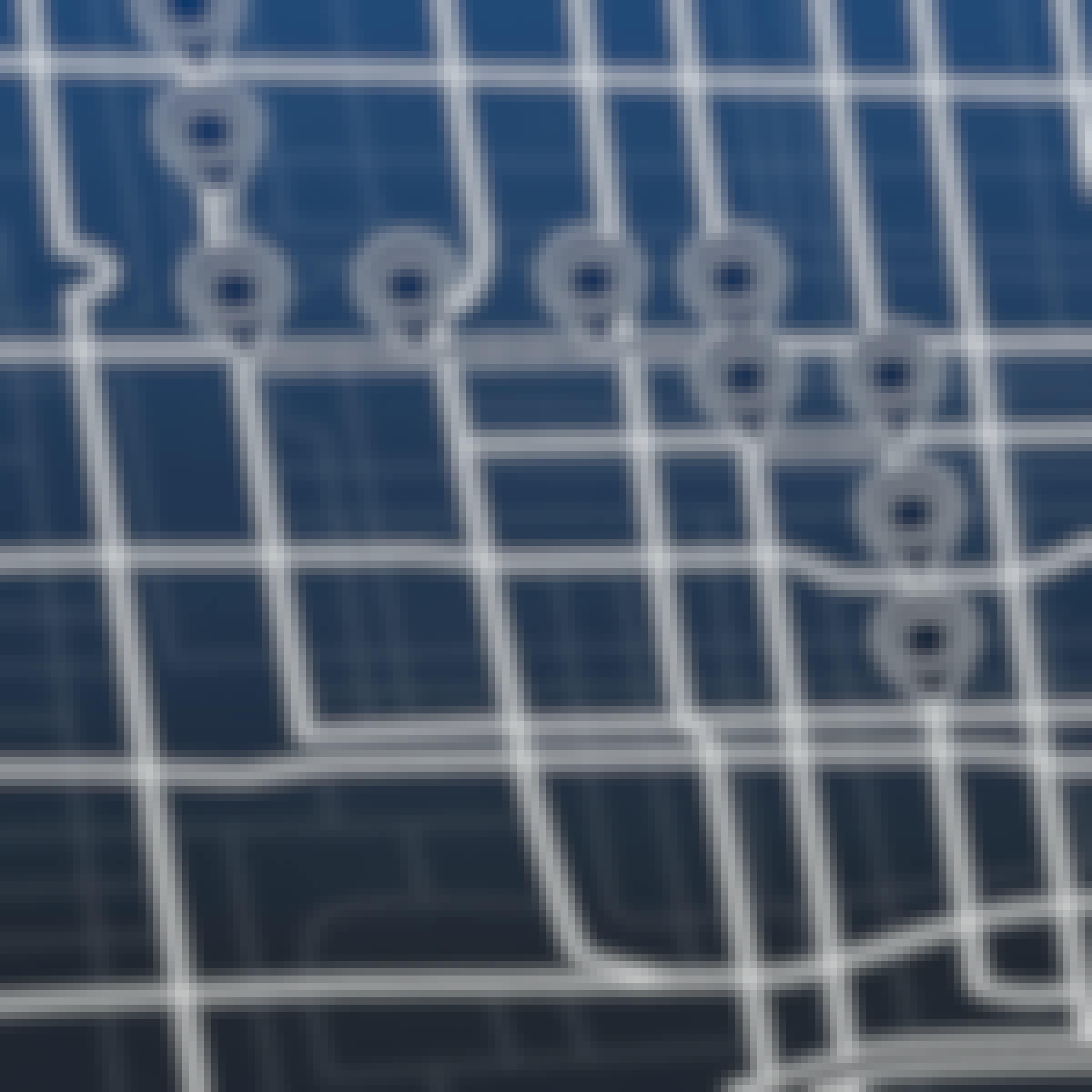
University of Toronto
Skills you'll gain: Algorithms, Theoretical Computer Science, Machine Learning, Applied Machine Learning, Python Programming, Planning

University of London
Skills you'll gain: Web Development, Front-End Web Development, Javascript, Web Development Tools, Web Design, HTML and CSS, Interactive Design, Databases, Computer Programming, Programming Principles, Database Application, Back-End Web Development, Other Web Frameworks, User Experience, Decision Making, Application Development, Computational Thinking, Problem Solving, Process Analysis
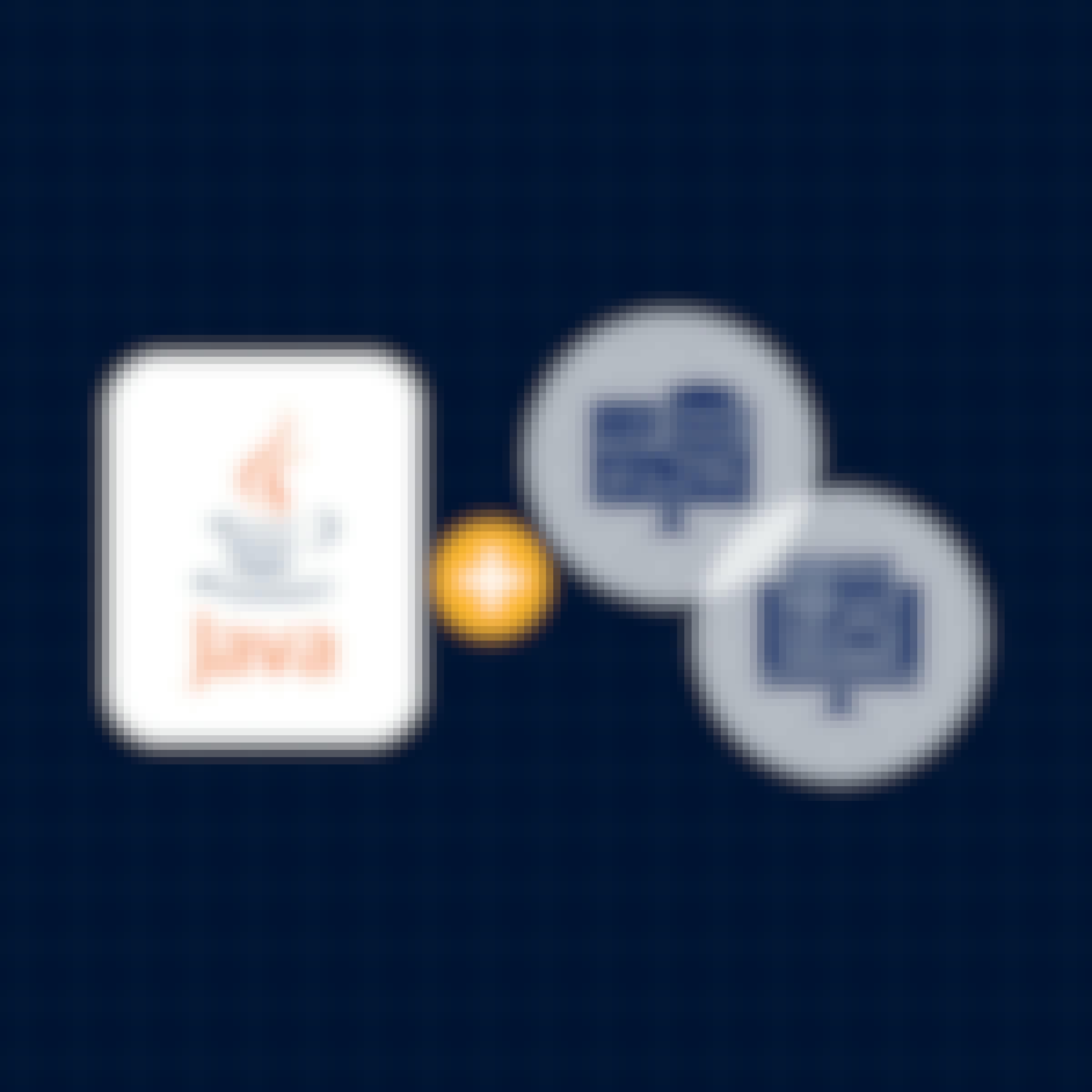
Board Infinity
Skills you'll gain: Angular, Javascript, Web Development
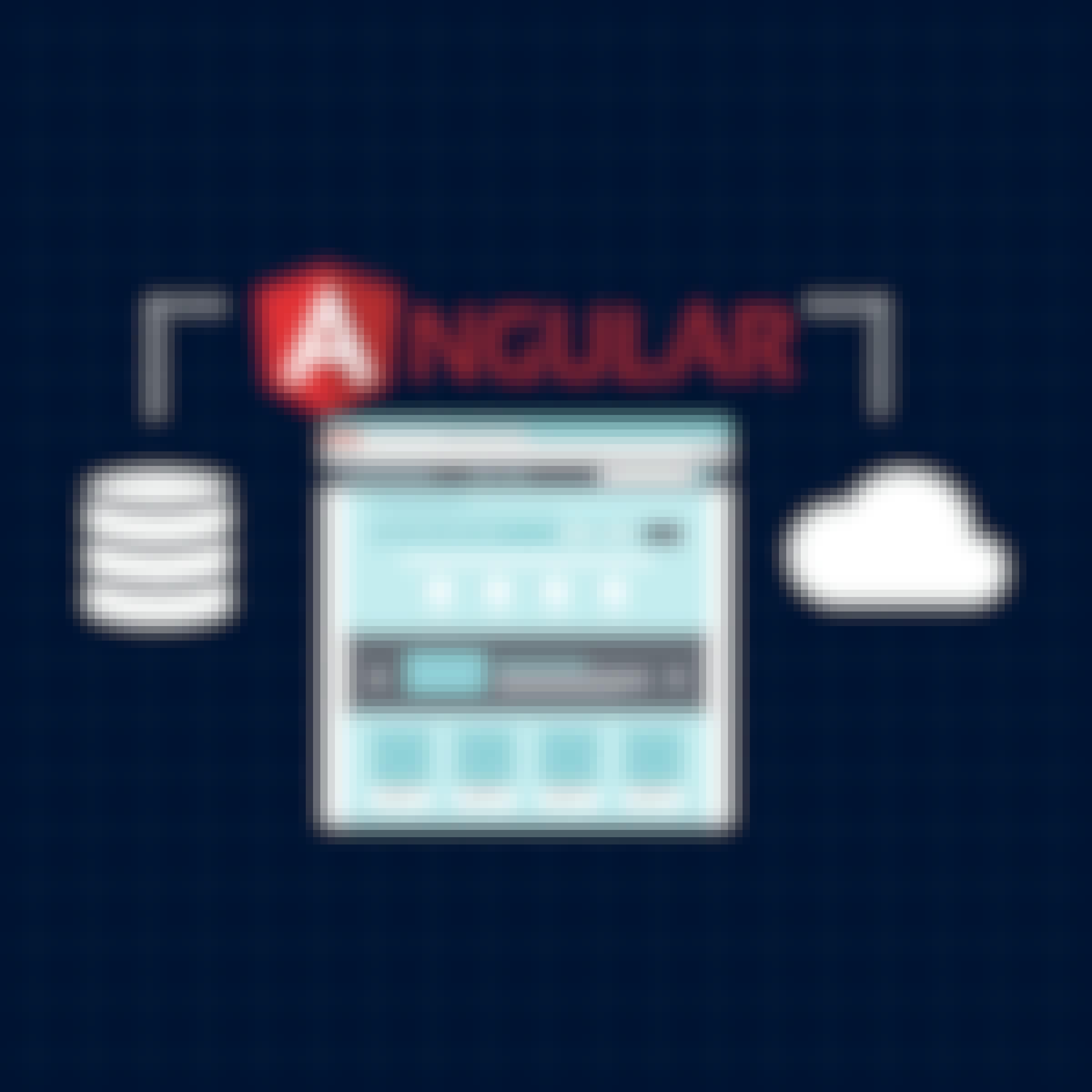
Board Infinity
Skills you'll gain: Angular, Front-End Web Development, Javascript
Searches related to reactive programming
In summary, here are 10 of our most popular reactive programming courses
- Programming Reactive Systems (Scala 2 version): École Polytechnique Fédérale de Lausanne
- Distributed Programming in Java: Rice University
- Functional Program Design in Scala: École Polytechnique Fédérale de Lausanne
- Programming Reactive Systems: École Polytechnique Fédérale de Lausanne
- Functional Program Design in Scala (Scala 2 version): École Polytechnique Fédérale de Lausanne
- Learn Imba: Scrimba
- Advanced Angular Development: LearnQuest
- Java FullStack Developer: Board Infinity
- Motion Planning for Self-Driving Cars: University of Toronto
- Responsive Website Development and Design: University of London










